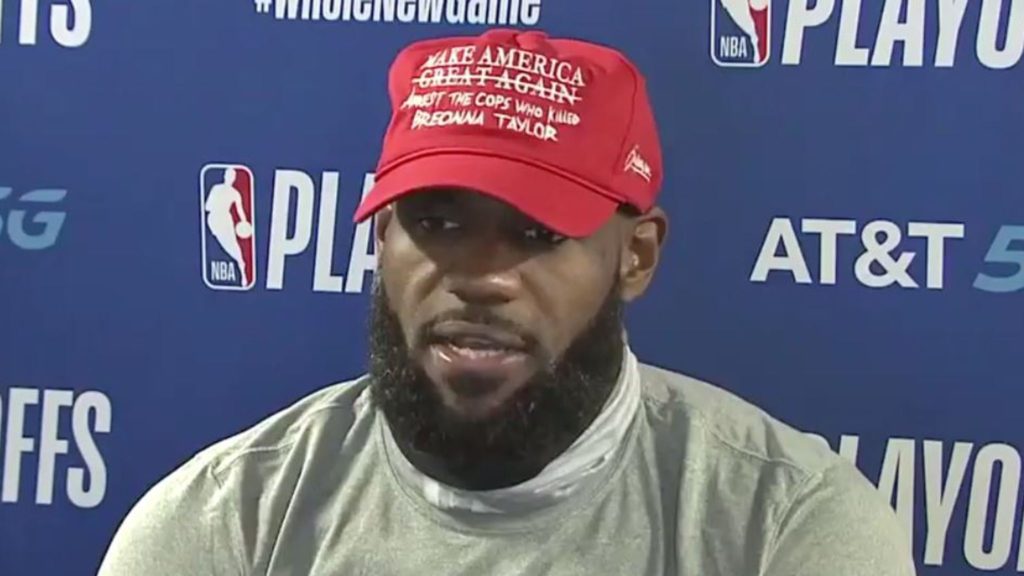The Rise of Community-Based Striking

This Vox piece on the impact of the NBA players strike is good. Basically, a lot of actions in the recent strike wave have been about community unionism–striking for the good of the entire community–rather than just your standard pay and hours strikes. The NBA strike certainly qualifies as that.
But increasingly, they are also being used to promote causes beyond improving workplace conditions. New York taxi drivers struck in 2017 to protest the Trump administration’s so-called Muslim ban. In the last few months, longshore workers on both US coasts struck for Black Lives Matter (not surprising, given the group’s longer history of striking to protest police violence, war, and civil rights).
That these actions are being carried out by unionized workers isn’t a coincidence. Nonunionized workers are frequently classified as “at will,” meaning that they can be terminated for just about any reason, and certainly for political protest. Constitutional rights do not automatically extend to the workplace, and indeed, the rights of the employer can be more accurately understood as authoritarian.
Meanwhile, unionized workers are protected by national labor laws against unjust termination, and strikes and work stoppages are importantly, if conditionally, protected under the law. National labor law requires a “direct nexus” between the work stoppage and the conditions of the workplace, but the National Labor Relations Board has often interpreted this nexus in broad strokes. In 2017, the NLRB protected the rights of workers to strike on behalf of the rights of immigrants, arguing that there was both a connection to the striking workers’ employment conditions and that employers had the potential to help respond effectively by leveraging their power with the federal government.
The leading role of unionized workers in this era’s protests also gets at labor’s potential to drive fundamental change. Unionized workers are part of organizations that are designed to promote solidarity, mobilize collectively, and protect their workers from employer threats of coercion. Recent research has shown how unions mobilize workers to vote, learn about politics, and even reduce their feelings of racial resentment. The close linkages between these unionized athletes, political protest, and the growing social movement around Black Lives Matter remind us of the importance that labor unions offer for progressive politics and the future growth of the Democratic Party.
There’s little reason to think we won’t continue to see this kind of labor action as the New Gilded Age becomes even more entrenched.
